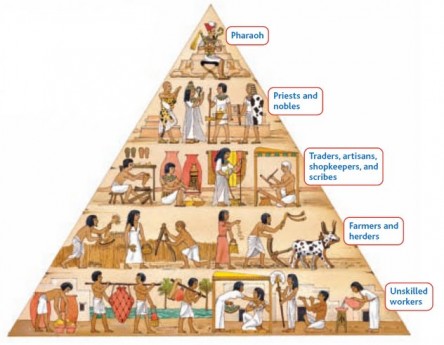(Repost) @TheTop vs. @TheBottom – In Which Class Category Do You Perceive Yourself To Be? Intro By President Obama
(Editors Note – Saturday November 23, 2013)
Originally Published on: Oct 26, 2013 @ 18:53 By Rylan BranchBarack Obama
“After decades in which the middle class was working harder and harder just to keep up, and a punishing recession that made it worse, we made the tough choices required not just to recover from crisis, but to rebuild on a new foundation for stronger, more durable economic growth.”
-President Obama
(End Note)
Perception
Perception (from the Latin perceptio, percipio) is the organization, identification, and interpretation of sensory information in order to represent and understand the environment. All perception involves signals in the nervous system, which in turn result from physical stimulation of the sense organs. For example, vision involves light striking the retinas of the eyes, smell is mediated by odor molecules and hearing involves pressure waves. Perception is not the passive receipt of these signals, but can be shaped by learning, memory, and expectation. Perception involves these “top-down” effects as well as the “bottom-up” process of processing sensory input. The “bottom-up” processing is basically low-level information that’s used to build up higher-level information (e.g., shapes for object recognition). The “top-down” processing refers to a person’s concept and expectations (knowledge) that influence perception. Perception depends on complex functions of the nervous system, but subjectively seems mostly effortless because this processing happens outside conscious awareness.
Since the rise of experimental psychology in the late 19th Century, psychology’s understanding of perception has progressed by combining a variety of techniques.Psychophysics measures the effect on perception of varying the physical qualities of the input. Sensory neuroscience studies the brain mechanisms underlying perception. Perceptual systems can also be studied computationally, in terms of the information they process. Perceptual issues in philosophy include the extent to which sensory qualities such as sounds, smells or colors exist in objective reality rather than the mind of the perceiver.
Although the senses were traditionally viewed as passive receptors, the study of illusions and ambiguous images has demonstrated that the brain’s perceptual systems actively and pre-consciously attempt to make sense of their input. There is still active debate about the extent to which perception is an active process of hypothesis testing, analogous to science, or whether realistic sensory information is rich enough to make this process unnecessary.
The perceptual systems of the brain enable individuals to see the world around them as stable, even though the sensory information may be incomplete and rapidly varying. Human and animal brains are structured in a modular way, with different areas processing different kinds of sensory information. Some of these modules take the form of sensory maps, mapping some aspect of the world across part of the brain’s surface. These different modules are interconnected and influence each other. For instance, the taste is strongly influenced by its odor.
Source (Read More): http://en.wikipedia.org/wiki/Perception
Two different perspectives to consider.





